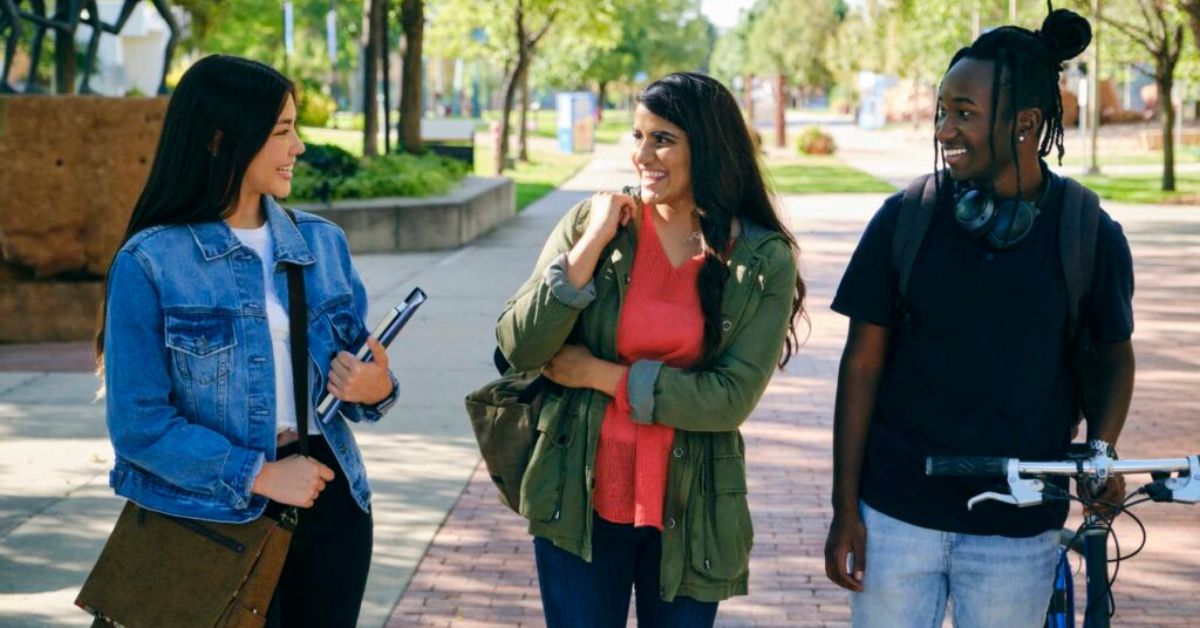International students looking to study full-time in the United States have various options. Many students have to pay for their college education out of their pocket.
Sponsorship for international students is typically provided by a group or organization that agrees to sponsor a student and help cover his expenses. This party is usually eager to donate money to the students.
The sums of money could be used for books and tuition. If you are attending a college in the United States, it may help with your living expenses.
It can turn out extremely significant; however, difficult to find. Sponsorship students fulfill their ambition to pursue higher education in the United States, but they should also keep in mind a few points.
What are the Types of Sponsorship for International Students?
There are several types of sponsorship options available for international students seeking financial support to study abroad. These include:
Institutional Scholarships
Many colleges and universities provide scholarships exclusively for international students. These scholarships may be merit-based, need-based, or awarded for specific academic programs or fields of study.
Government Scholarships
Some countries, being sponsors for international students, offer scholarships or financial aid programs that enable international students to study abroad. These scholarships may be funded by national governments, foreign aid agencies, or international organizations.
Private Scholarships and Grants
Private organizations, nonprofit organizations, corporations, and philanthropic individuals may provide scholarships or grants to international students. These scholarships may be given based on academic success, extracurricular activity, leadership potential, or other factors.
Work-Study Programs
Some institutions offer work-study programs or employment opportunities for international students to work on campus or in the local community while studying. These programs allow students to earn income to help cover tuition and living expenses.
Fellowships and Assistantships
Fellowships and assistantships may be available for international graduate students, providing financial support in exchange for research or teaching assistance. These opportunities may be offered by academic departments, research institutes, or individual faculty members.
Family or Personal Sponsorship:
In some cases, international students, by choosing a graduate school, may receive financial support from family members, relatives, or personal sponsors to fund their education abroad.
Sponsorship by Employers or Organizations
Employers or professional organizations may sponsor employees or members to pursue further education abroad, particularly for specialized training or professional development programs.
Loans and Financial Aid
International students may also have access to loans or financial aid programs offered by educational institutions, governments, banks, or other financial institutions. These loans may be available to cover tuition, living expenses, or other educational costs, with varying terms and conditions.
How Many Types of Student Visa Sponsorship?
In the United States, there are primarily two types of student visa sponsorships available for international students:
F1 Visa Sponsorship
The F-1 visa is the most famous type of student visa for academic studies in the United States. Under this visa category, international students are sponsored by a SEVP-approved educational institution (such as a college, university, language school, or vocational program) that has accepted them for enrollment. The institution issues a Form I-20 to the student, which is required for the F-1 visa application process.
According to State Department officials, the United States appears to be on track for issuing a record number of student visas in a single year since finances 2016. The number of visas issued in the year 2023 already exceeds 392,000.
Several institutions serve as the primary sponsor for the student’s visa, certifying their admission, enrollment, and ability to meet financial obligations during their course of study.
J-1 Visa Sponsorship
The J-1 visa is also a type of student visa available for international students participating in approved exchange visitor programs, including study abroad programs, research scholar programs, and academic exchange programs.
Under this visa category, students are sponsored by a designated exchange visitor program sponsor, such as a university, government agency, or cultural exchange organization.
The majority of cultural exchange applicants met visa requirements, with an 88.89% success rate, demonstrating the efficiency of the United States’ cultural and educational exchange activities.
The sponsor organization issues a Form DS-2019 to the student, which is required for the J-1 visa application process.
F1 Visa Sponsor Requirements
To obtain an F1 visa for studying in the United States, applicants must meet certain requirements, and there are specific obligations for the sponsoring institution. Here are the requirements for F1 visa sponsorship:
Acceptance by a SEVP-approved Institution
The applicant must be accepted for enrollment in a full-time academic program at a Student and Exchange Visitor Program (SEVP)-approved educational institution in the United States. This includes colleges, universities, language schools, or vocational programs.
Form I-20 Issuance
The student visa sponsor requirements contain issuing a Form I-20-Certificate of Eligibility for Nonimmigrant Student Status to the student. This form documents the student’s acceptance and enrollment in the institution and outlines the program of study, estimated expenses, and financial information.
Proof of Sufficient Financial Support
The sponsoring institution must ensure that the student has enough financial resources to cover the cost of tuition, fees, living expenses, and other educational costs for the duration of the program.
This may involve providing bank statements, scholarship award letters, or financial aid documentation to demonstrate the student’s ability to meet these expenses.
Adherence with the Student and Exchange Visitor Information System
In f1 visa sponsor requirements, the sponsoring institution must maintain compliance with the Student and Exchange Visitor Information System (SEVIS), which is a government database used to track and monitor F1 visa students.
This includes updating and maintaining accurate student records in SEVIS, reporting any changes in the student’s enrollment status or personal information, and cooperating with SEVP investigations or audits as needed.
Issuance of Necessary Documents
The sponsoring institution must provide the student with all necessary documents and support for the F1 visa sponsorship process. This includes the Form I-20, as well as any additional documentation or letters required by the U.S. embassy or consulate where the student will apply for the visa.
Assistance with Visa Application Process
The institutions offering sponsorship for international students may provide guidance and support to the student throughout the F1 visa application process, including advising on visa application procedures, scheduling visa interviews, and providing any necessary letters or documentation to support the student’s application.
J1 Visa Requirements
For the J-1 visa, there are specific requirements for sponsors, which could be organizations, institutions, or authorities designated by the U.S. Department of State.
This student visa sponsorship facilitates cultural exchange programs and individuals to participate in various exchange student categories. Here are the requirements for J-1 visa sponsorship:
Designation by the U.S. Department of State
Organizations seeking to sponsor exchange visitors must be designated by the U.S. Department of State as Exchange Visitor Program sponsors. These organizations can include universities, research institutions, government agencies, cultural organizations, and private sector entities.
Compliance with Program Regulations
J-1 international student sponsorship must comply with the regulations outlined by the U.S. Department of State for the specific exchange visitor category they sponsor. This includes providing appropriate orientation, support, and monitoring throughout the duration of the exchange program.
Sponsorship and Issuance of Form DS-2019
The sponsor organization is responsible for issuing a Form DS-2019-Certificate of Eligibility for Exchange Visitor Status to each exchange visitor sponsored under their program. This form is required for the J-1 visa application process and provides information about the exchange program, the sponsor organization, and the exchange visitor.
Orientation and Support Services
Sponsors for international students must provide orientation and support services to exchange visitors to help them adjust to life in the United States and navigate their exchange program successfully. This may include cultural orientation, assistance with housing and transportation, access to medical care, and support for academic or professional goals.
Monitoring and Reporting Requirements
Sponsors are responsible for monitoring the progress and compliance of exchange visitors throughout their program and reporting any changes or incidents to the U.S. Department of State as required. This includes maintaining accurate records, tracking the exchange visitor’s activities, and reporting any program changes or deviations from the original program plan.
Compliance with SEVIS
This student visa sponsor requirements contain compliance with the Student and Exchange Visitor Information System. This includes updating and maintaining accurate records in SEVIS, reporting any changes in the exchange visitor’s program or personal information, and ensuring timely reporting to SEVIS as required.
Final Words
Above mentioned details are related to getting sponsorship of visas, mainly for students. If you are confused about how to achieve a sponsor visa to pursue your career dreams, then this blog is the guiding light for you. We have discussed the possible details and types of visas available for students. Whether it’s f-1 or j-1, choose whatever suits you and your career demands.


